TLDR;
Dogs hate strong and sharp smells like citrus, vinegar, ammonia, alcohol, and certain herbs or spices. These odors can overwhelm their sensitive noses, making your home uncomfortable or even unsafe for them.
Smells Dogs Hate in the House: What You Need to Know
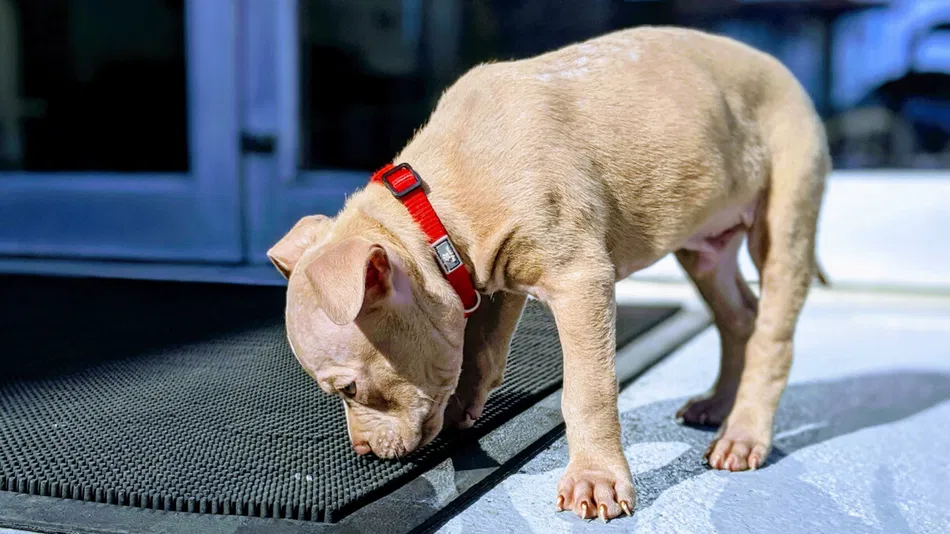
Dogs have a highly developed sense of smell, which makes them sensitive to odors humans barely notice. The answer to “What smells do dogs hate?” starts with this key fact: a dog’s sense of smell is up to 100,000 times stronger than ours. So, what might seem like a fresh scent to us can feel like an assault to their senses.
At Careers Collectiv, we specialize in teaching animal care and welfare, not veterinary medicine. We help people better understand their pets’ needs, including how everyday smells in the home can affect their dog’s well-being.
Why Are Dogs Sensitive to Odors?
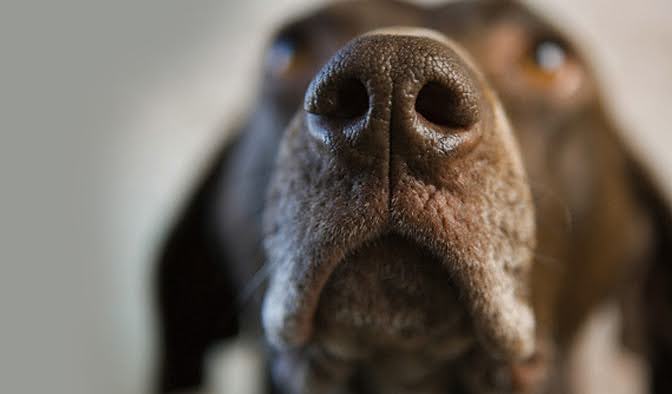
Dogs aren’t just sniffing for fun. Their noses are built differently:
- Over 300 million scent receptors (humans only have about 5 million)
- Olfactory bulb (the brain part processing smell) is 40 times larger than ours, relative to brain size
- Jacobsen’s organ gives dogs the ability to detect pheromones and chemical signals
Because of these biological advantages:
- Strong smells can cause sensory overload
- Some odors trigger behavioral responses like sneezing, avoiding an area, or agitation
Understanding this helps us avoid odors that might stress or harm them.
Top Household Smells Dogs Hate (and Why)
Below is a detailed list of common smells dogs hate, why they react to them, and whether they pose any risks.
Citrus Scents (Lemon, Orange, Grapefruit)

- Why dogs hate it: The acidic, zesty smell overwhelms their senses.
- Potential dangers: Citrus oils (limonene, linalool) are toxic if ingested.
- Avoid or use? Avoid using citrus-scented cleaners or essential oils near your dog.
Vinegar

- Why dogs hate it: The strong, sour smell is too intense for them.
- Potential dangers: Not toxic, but inhaling strong vinegar fumes can irritate your dog’s nose.
- Avoid or use? Can be used in diluted form as a natural repellent, but not in enclosed spaces.
Alcohol (Ethanol, Isopropyl)
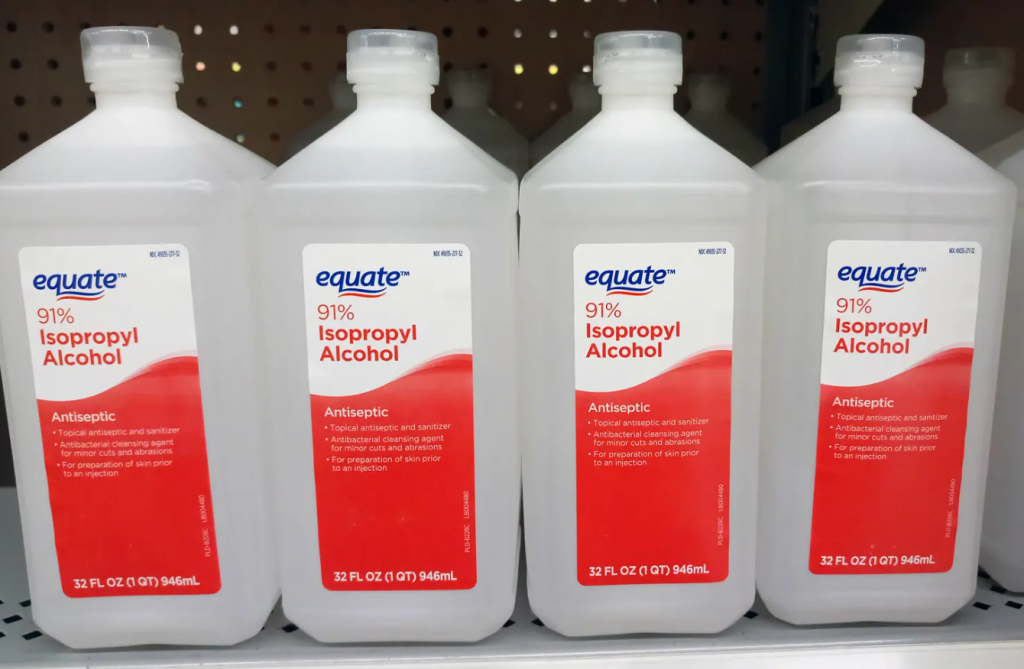
- Why dogs hate it: Harsh and burning scent triggers aversion.
- Potential dangers: Highly toxic if ingested; even fumes can irritate their lungs.
- Avoid or use? Avoid using around dogs, especially in spray forms like sanitizers.
Ammonia and Mothballs

- Why dogs hate it: Pungent and chemical-laden; mimics urine smell (territorial confusion).
- Potential dangers: Highly toxic; ingestion or prolonged exposure is dangerous.
- Avoid or use? Avoid completely in pet areas.
Perfumes and Scented Candles

- Why dogs hate it: Artificial fragrances are overpowering to their noses.
- Potential dangers: Some perfumes and candles contain essential oils that are toxic.
- Avoid or use? Use unscented products or pet-safe alternatives.
Essential Oils (Tea Tree, Eucalyptus, Peppermint)

- Why dogs hate it: Concentrated oils are intense and can overwhelm.
- Potential dangers: Many essential oils are toxic to dogs.
- Avoid or use? Always check if oils are dog-safe. Avoid diffusers near them.
Hot Peppers (Chili Powder, Capsaicin)

- Why dogs hate it: Irritating to the nose, throat, and eyes.
- Potential dangers: Can cause inflammation if inhaled or ingested.
- Avoid or use? Can be used sparingly as a deterrent on objects (not surfaces they sit or lie on).
Ground Spices (Cinnamon, Black Pepper, Mustard)

- Why dogs hate it: Strong scents can sting their nose.
- Potential dangers: Ingestion may cause stomach upset.
- Avoid or use? Use with caution as repellent only.
Coffee Grounds and Caffeine

- Why dogs hate it: Bitter, roasted smell is off-putting.
- Potential dangers: Caffeine is toxic to dogs.
- Avoid or use? Dispose of used grounds securely.
Herbs (Rosemary, Thyme, Mint)

- Why dogs hate it: Strong herbal oils can be irritating.
- Potential dangers: Generally non-toxic in small quantities, but disliked.
- Avoid or use? Use in moderation, not near their food or bedding.
Tobacco

Nail Polish & Remover (Acetone)

- Why dogs hate it: Harsh chemical fumes are too intense.
- Potential dangers: Toxic if ingested, irritating when inhaled.
- Avoid or use? Use in ventilated area away from pets.
Are These Smells Dangerous to Dogs?
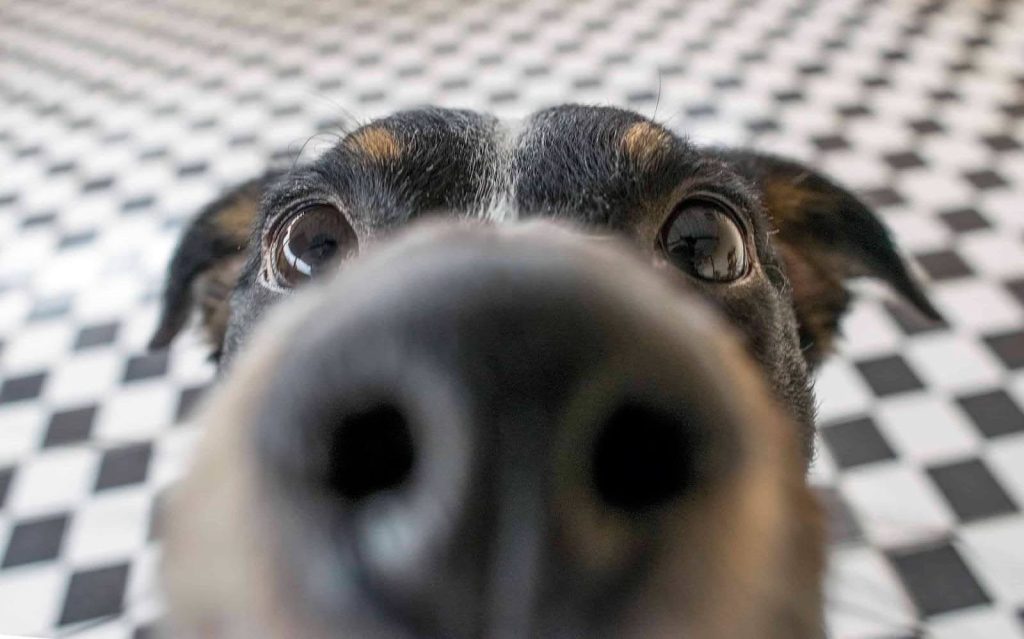
Some smells are not just annoying to dogs but genuinely harmful:
- Toxic oils: Tea tree, eucalyptus, clove
- Chemical cleaners: Contain ammonia, bleach, or phenols
- Inhalants: Constant exposure may cause respiratory distress
- Ingestible hazards: Coffee, alcohol, mothballs, essential oils
Always check product labels and consult with resources like Pet Poison Helpline.
Can Smells Be Used Safely to Deter Dogs?
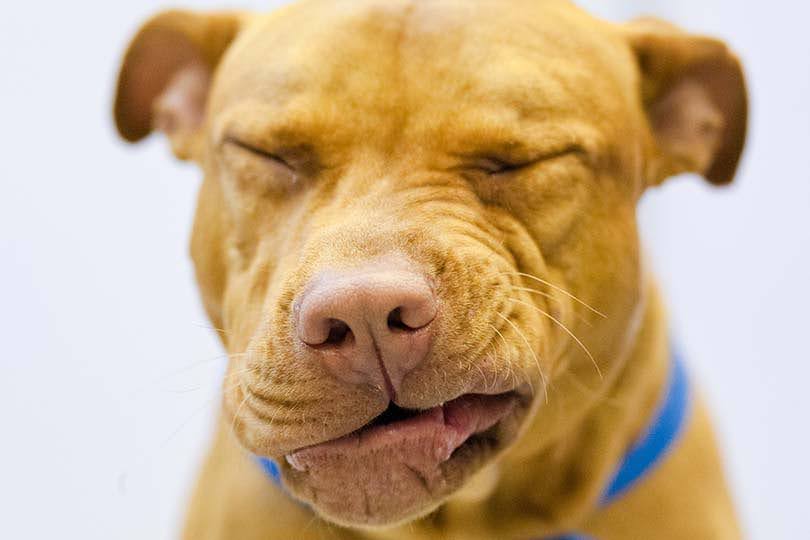
Yes — but only with caution and understanding.
Safe uses of scent-based deterrents:
- Citrus peels in garden beds to keep dogs out
- Diluted vinegar spray on furniture legs to prevent chewing
- Cayenne pepper sprinkled near trash bins
Always avoid:
- Using these deterrents on your dog’s body
- Spraying near food, toys, or bedding
Use positive reinforcement training alongside scent cues:
- Reward when the dog avoids the area
- Never rely solely on repellent smells
Scent-Free Alternatives to Repel Dogs
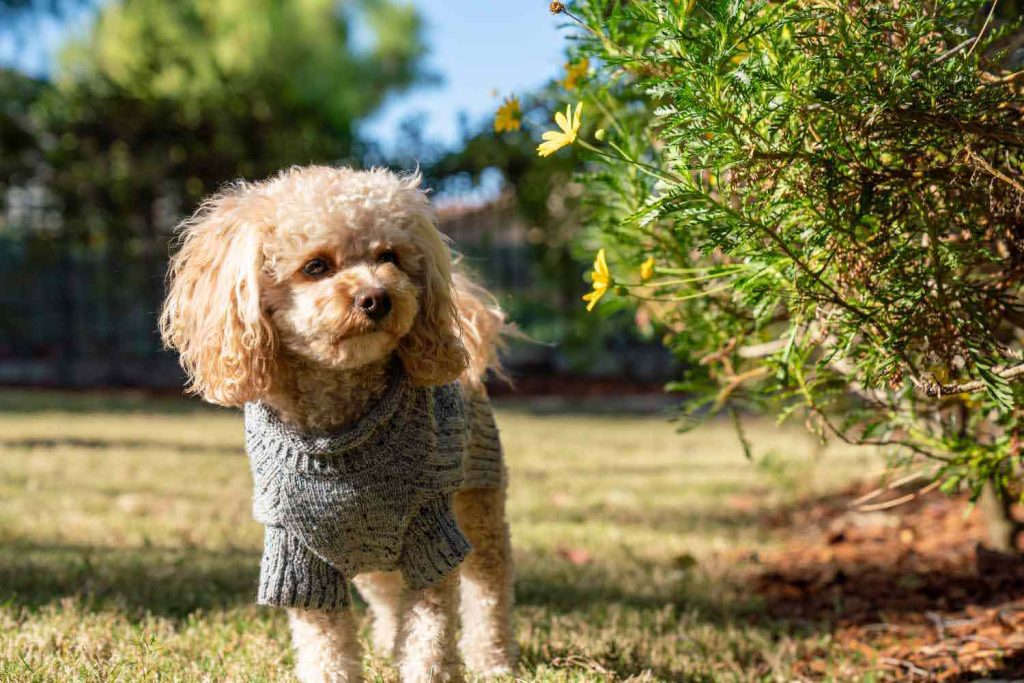
If strong smells feel unsafe, try these approaches:
- Clicker training: Reinforce behavior without punishment
- Barriers and baby gates: Physically restrict access
- Crate training: Give your dog a designated space
- Chew deterrent sprays: Use only vet-approved brands
- Distraction methods: Toys or puzzle feeders as redirection
These alternatives are effective and more humane than relying solely on aversive scents.
What Do Experts Say About Dog Smell Sensitivity?
While Careers Collectiv doesn’t provide veterinary advice, we align our insights with expert guidelines:
- Veterinarians warn against overuse of essential oils and cleaning agents
- Trainers suggest integrating scent cues only when combined with behavior training
- Studies show long-term exposure to strong odors can impact canine health
Dog-Safe Scents and Home Environments
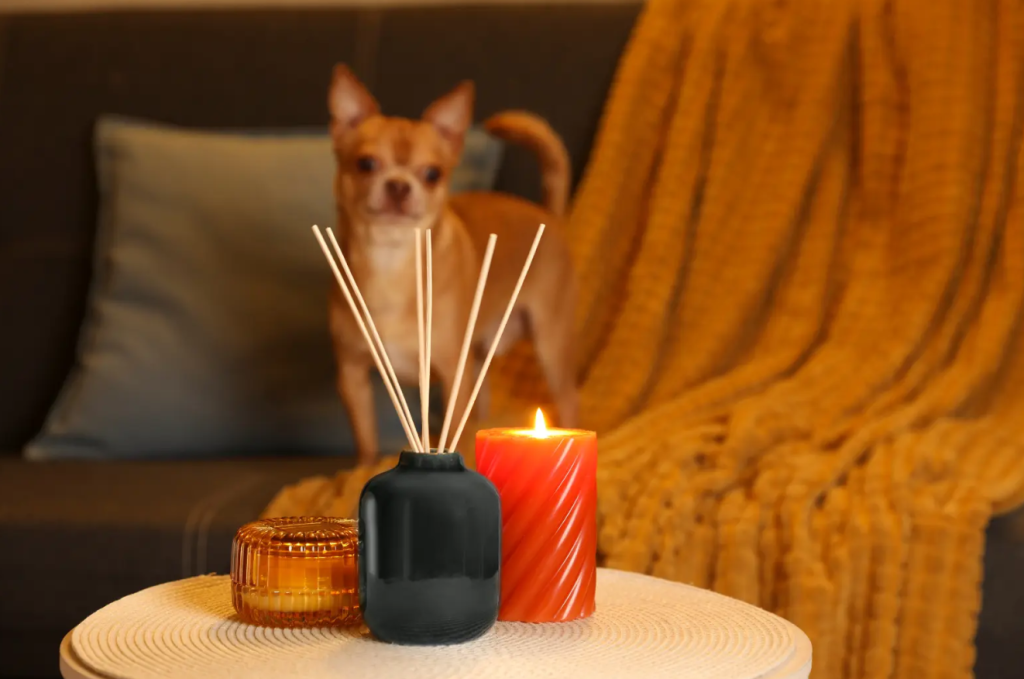
Creating a comfortable home for your dog starts with removing or limiting odors they hate. From citrus to alcohol and spices to smoke, these smells can cause anxiety, discomfort, or even harm. Sometimes, these smells can make your dog throw up, especially if they’re too strong or lingering.
Key takeaways:
-
Dogs hate strong, artificial, or pungent smells
-
Some smells can harm their health
-
Sometimes, these smells can make your dog throw up
-
Scent-based deterrents must be used carefully
-
Behavior modification and scent-free methods are safer long-term
FAQs About What Smells Dogs Hate
Is vinegar smell bad for dogs?
Not toxic in small amounts, but the strong smell can irritate their nose.
Do dogs hate the smell of lemon?
Yes, citrus scents like lemon are overwhelming to most dogs.
What scent keeps dogs away?
Citrus, vinegar, and chili pepper are common natural repellents.
Can certain smells make my dog anxious?
Yes, smells like ammonia, alcohol, and essential oils can cause stress or anxiety.
Are essential oils toxic to dogs?
Some are. Tea tree, clove, and eucalyptus can be harmful if ingested or inhaled in large amounts.
Is cinnamon bad for dogs?
In small amounts, it’s not toxic, but the strong smell can be unpleasant.
Do dogs dislike coffee grounds?
Yes, the smell of coffee is repellent to many dogs, and caffeine is toxic if consumed.